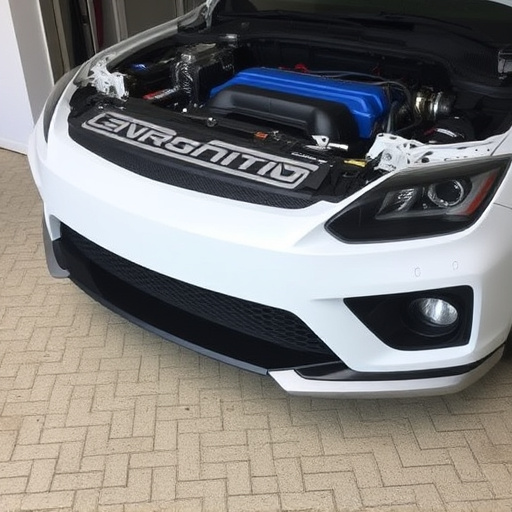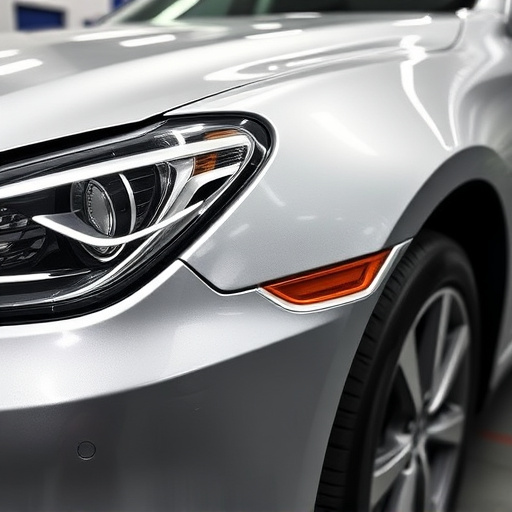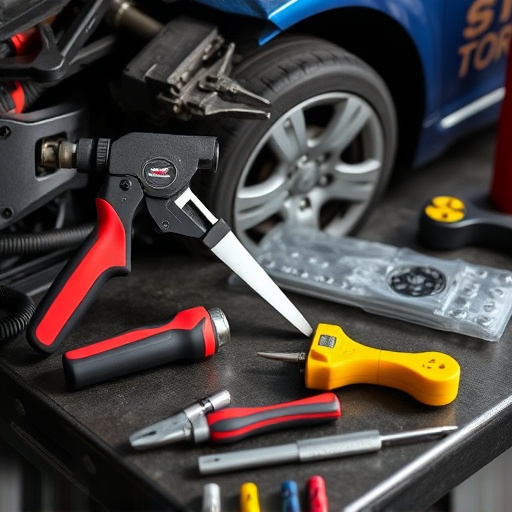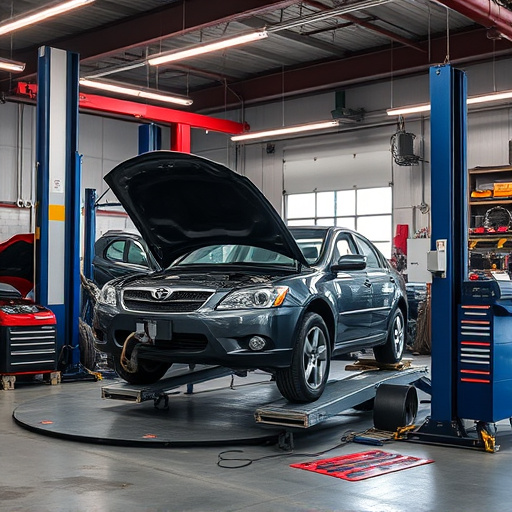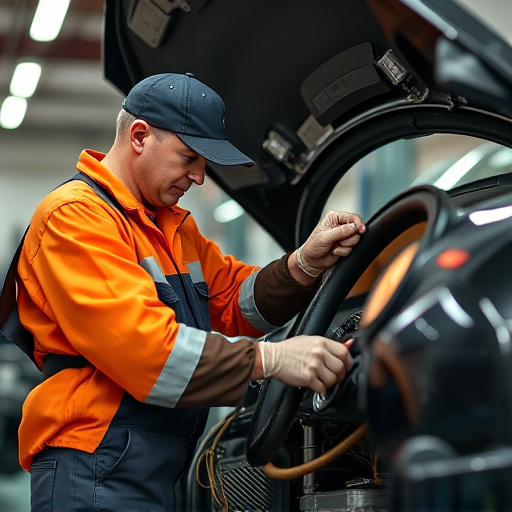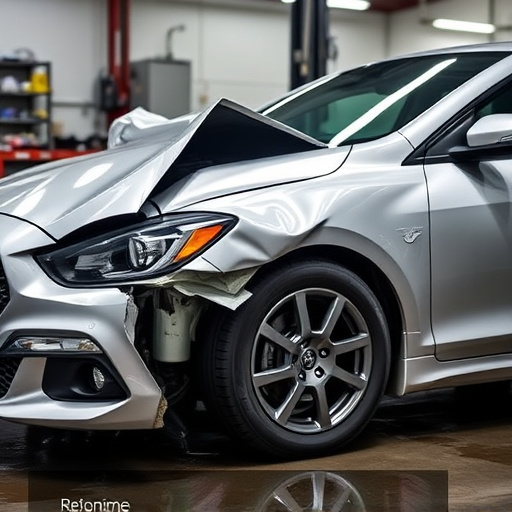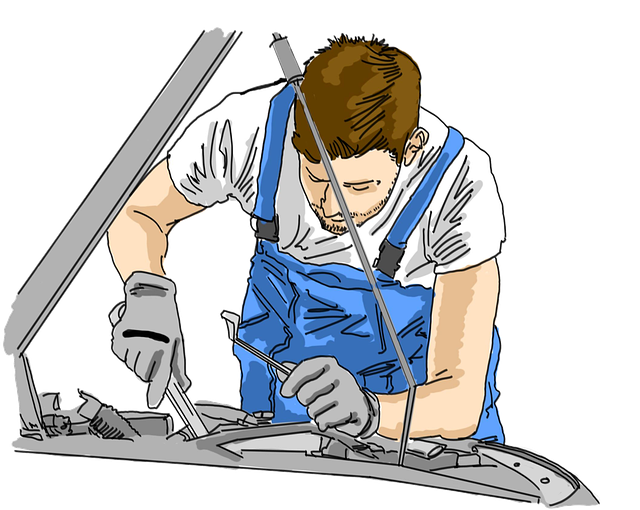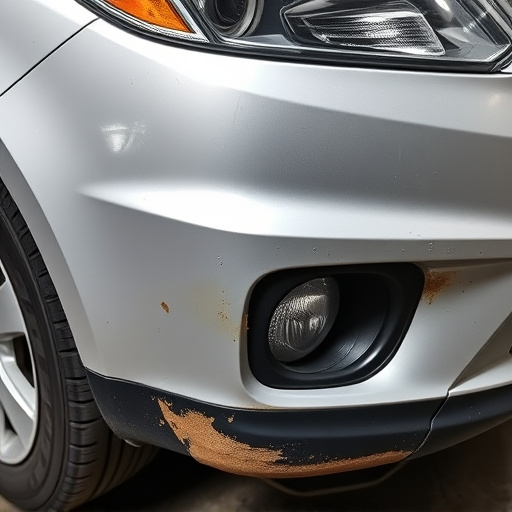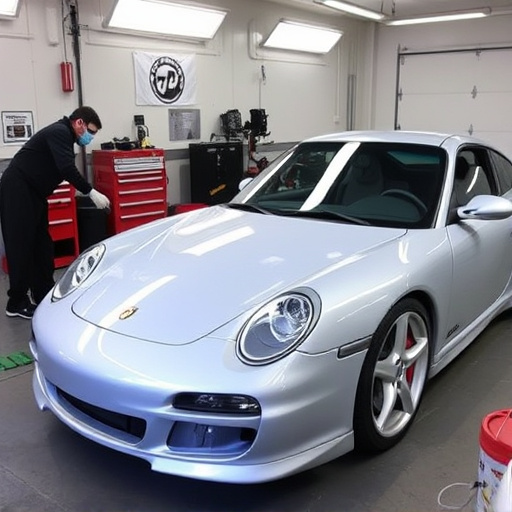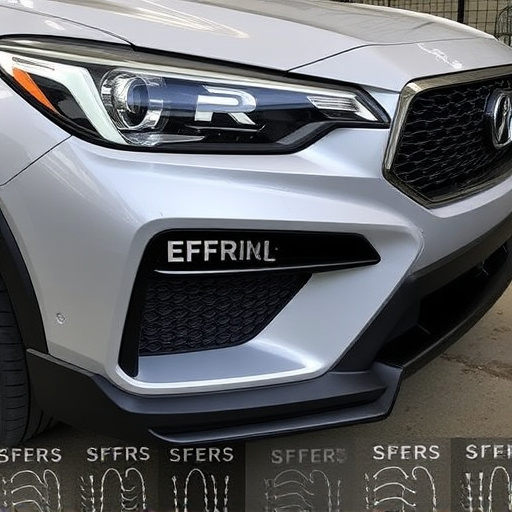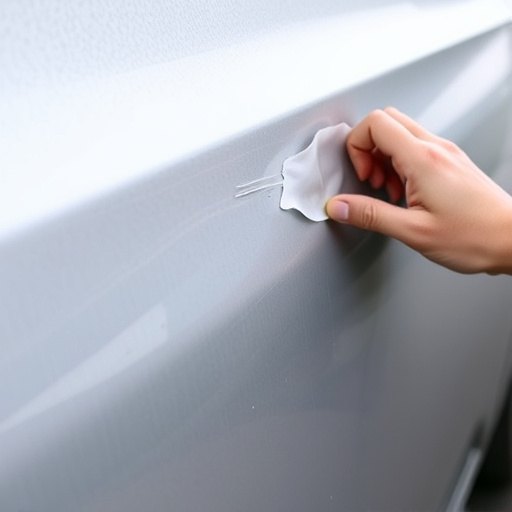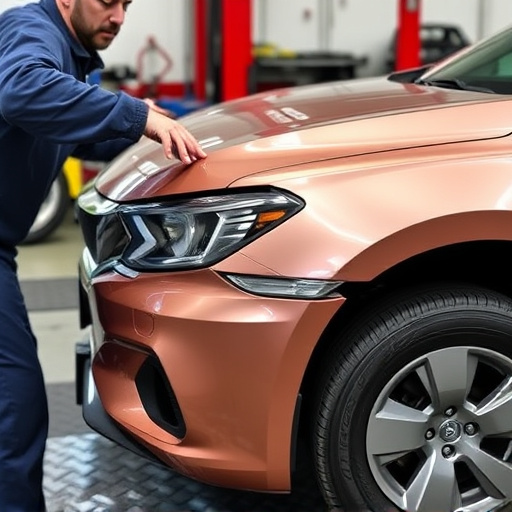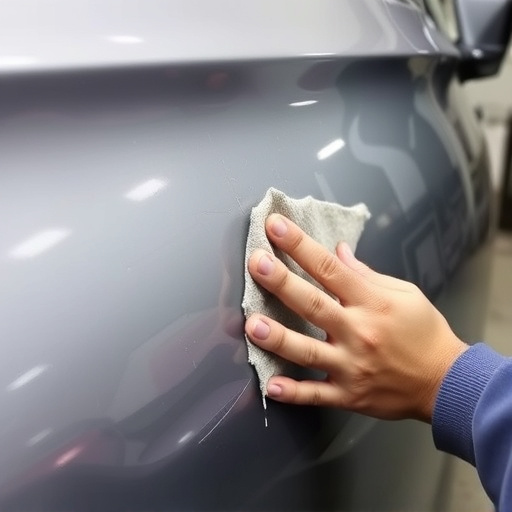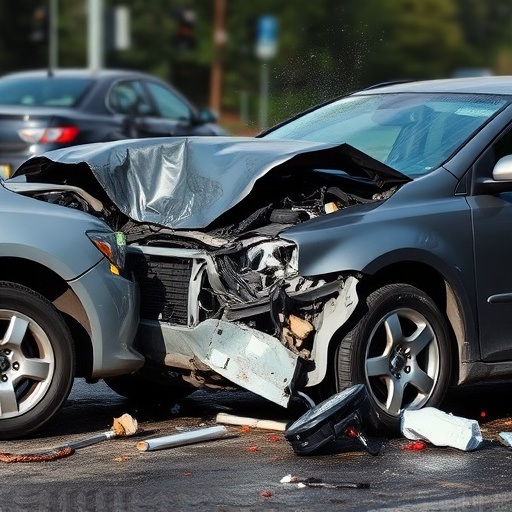Electric vehicles' unique design, with higher surface area and aluminum alloys, require specialized corrosion protection procedures due to their sensitive electrical systems and integrated high-voltage batteries. Effective coatings, regular maintenance like washing and waxing, and professional restoration techniques are crucial to prevent environmental damage and costly repairs, ensuring EV longevity and optimal performance.
Electric vehicles (EVs) present unique corrosion challenges due to their advanced design and operating conditions. As EVs gain popularity, understanding and implementing specialized corrosion protection procedures become essential. This article explores the distinct needs of EV corrosion protection, focusing on innovative coatings and materials, along with effective maintenance strategies. By adopting these practices, EV owners can ensure longevity and maintain the integrity of their vehicles in a rapidly evolving market.
- Unique Challenges of EV Corrosion Protection
- Specialized Coatings and Materials for Electric Vehicles
- Effective Maintenance Strategies for Longevity
Unique Challenges of EV Corrosion Protection

The unique nature of electric vehicles (EVs) presents specific challenges when it comes to corrosion protection. Unlike traditional internal combustion engine vehicles, EVs have a higher surface-to-volume ratio due to their compact design and lack of a complex exhaust system. This increased exposure makes them more susceptible to environmental damage, especially in regions with harsh climates or high humidity levels. Corrosion can affect not only the exterior but also critical internal components, leading to costly repairs.
Moreover, EV corrosion protection procedures must address the specific materials used in these vehicles. Aluminum and various alloys are prevalent due to their lightweight properties, which is a departure from the traditional steel bodies. These materials require different treatment methods to prevent rusting. Additionally, the intricate electrical systems, battery packs, and fluid components need specialized care to ensure longevity. A fender bender or minor dent repair in a luxury vehicle repair shop might not just involve straightening out dents; it could also necessitate careful examination and protection of these sensitive areas to prevent future corrosion issues.
Specialized Coatings and Materials for Electric Vehicles

Electric vehicles (EVs) demand specialized corrosion protection procedures due to their unique construction and materials. Unlike traditional internal combustion engine vehicles, EVs have high-voltage batteries and electronic components housed in various parts of the frame and chassis. This necessitates advanced coatings and materials that can withstand not just regular wear and tear but also moisture, salt, and other environmental aggressors common on roads.
Specialized coatings for EV frames often incorporate advanced polymers and resins designed to repel water and prevent corrosion. These protective layers are crucial, as they safeguard sensitive electrical components from damage. Moreover, specific materials like aluminum alloys are increasingly used in EV construction due to their lightweight properties and superior resistance to corrosion compared to traditional steel. When combined with specialized coatings, these materials offer a robust defense against the corrosive effects of humidity, road salt, and other elements, ensuring longer vehicle lifespans and optimal performance.
Effective Maintenance Strategies for Longevity

Maintaining an electric vehicle (EV) is slightly different from traditional cars due to their unique components and systems. One key area that requires special attention is corrosion protection, as EV batteries and other electronic parts are sensitive to moisture and salt corrosion. Effective maintenance strategies are essential for ensuring the longevity of these vehicles. Regular washing and waxing not only enhance the aesthetic appeal but also protect the vehicle’s exterior from environmental damage.
Additionally, automotive restoration techniques can be employed to repair any existing corrosion or damage. Car scratch repair methods, such as compound and polish, can restore the finish and prevent further corrosion. Professional automotive repair services also offer specialized corrosion protection procedures tailored for EV owners, ensuring that these vehicles remain in top condition over their extended lifetimes.
Electric vehicles (EVs) present unique corrosion challenges due to their diverse materials and operational environments. To ensure longevity, specialized coatings and materials are essential components of EV corrosion protection. Implementing effective maintenance strategies, including regular inspections and prompt repairs, further strengthens the defensive measures against corrosive elements, ultimately enhancing the overall durability and reliability of these vehicles in today’s market. Adopting tailored corrosion protection procedures is key to keeping EVs on the road for years to come.

